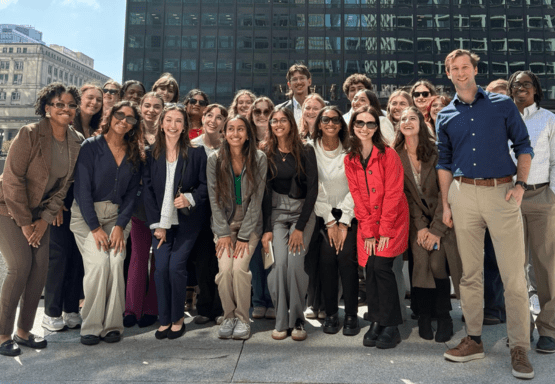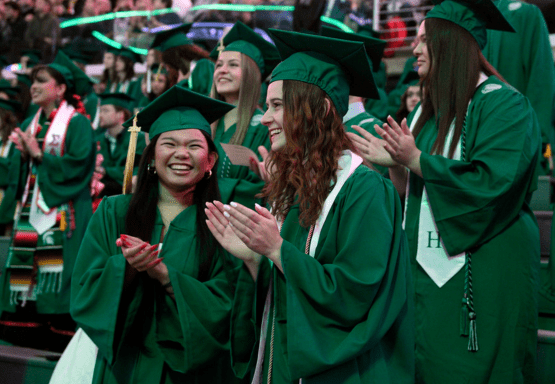Comparative Cultures and Politics (CCP) is a major that studies how culture and politics intersect in global, transnational and national public affairs. CCP’s interdisciplinary approach combines the humanities and social sciences to give students the skills they need to understand and address global public affairs.
The CCP major provides students with tools to better understand diverse cultural perspectives around the world, explore how culture shapes power relations, and how political and economic dynamics impact culture. The comparative and transnational focus encourages students to learn about other cultures and political systems, to reflect back on their own societies, and to discover how they want to position themselves as globally engaged citizens.
View Courses & Degree Requirements
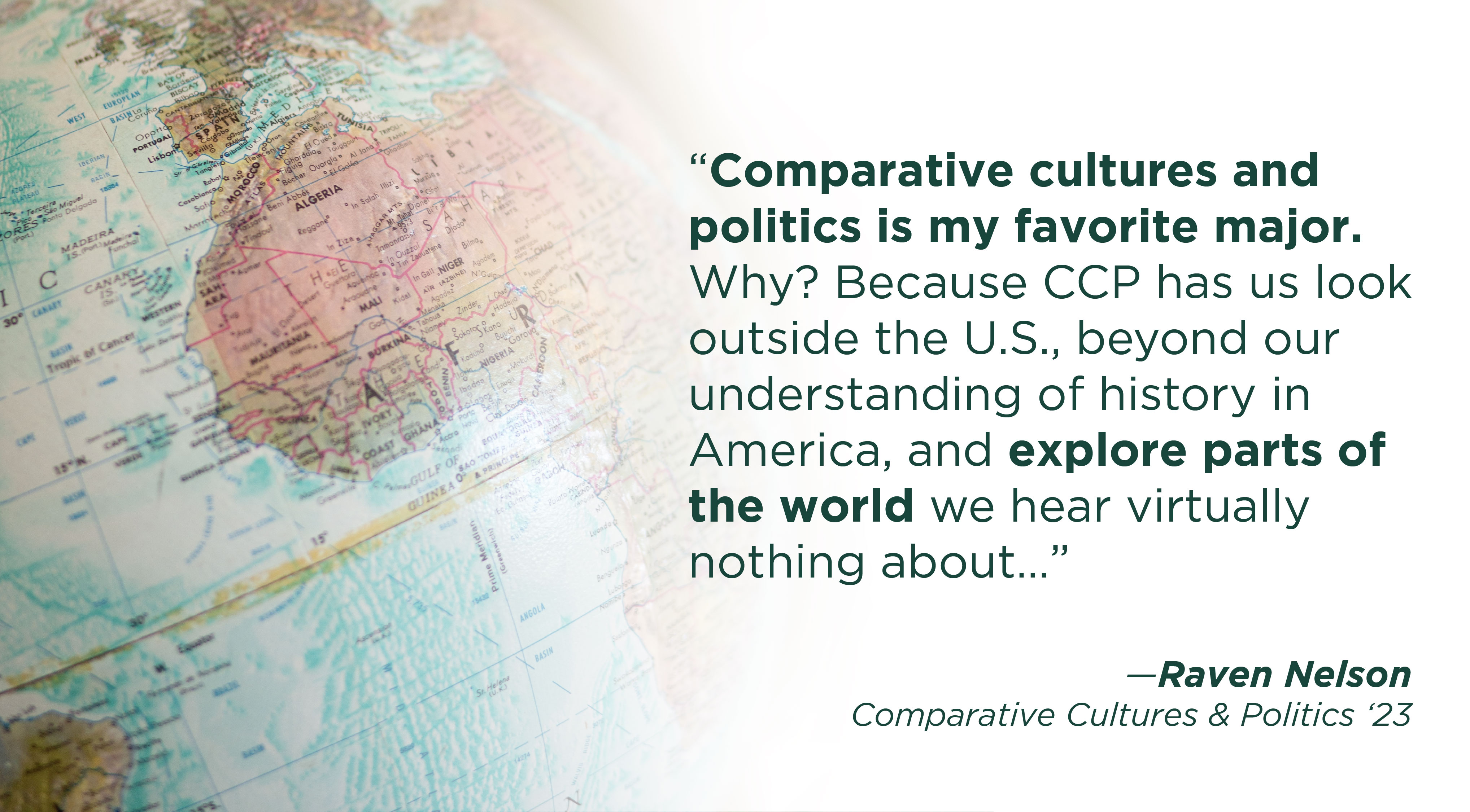
Courses
CCP’s courses are anchored in contemporary issues relevant to global public affairs. Our courses examine such issues as:
- racial and gender politics;
- media, power, and politics;
- nationalism, ethnicity, and ethnic conflict;
- literature, film, performance, and politics;
- globalization, international development, and community mobilization;
- human trafficking;
- global public health;
- and diaspora, migration, and displacement.
The CCP major offers a sophomore sequence of courses introducing the study of culture and politics in comparative and transnational perspective, as well as electives in relevant subject areas and a capstone seminar. The major’s related area requirement gives students the opportunity to gain expertise in areas or peoples outside of the United States and allows them to develop comparative and international perspectives valued by public and private employers. Knowledge gained in CCP is critical for understanding the impact of politics and policies on people’s lives, for envisioning new possibilities for global interactions, and for developing practical responses to social injustice, inequality, and conflict.
Alumni Careers
CCP graduates go on to pursue careers in the U.S. government, the private sector, social and popular media, cultural organizations, and non-profit organizations. They also pursue a wide range of graduate and professional degrees, including law, education, non-profit administration, public policy, public health, communication, cultural studies, environmental studies, media studies, anthropology, social work, and business.
Sample Courses
MC331 Encounters with Post-Communism
MC333 Performance, Politics, and Nation
MC334 Rights, Advocacy, and Activism
MC337 Global Public Health
MC369 Global Issues in Citizenship

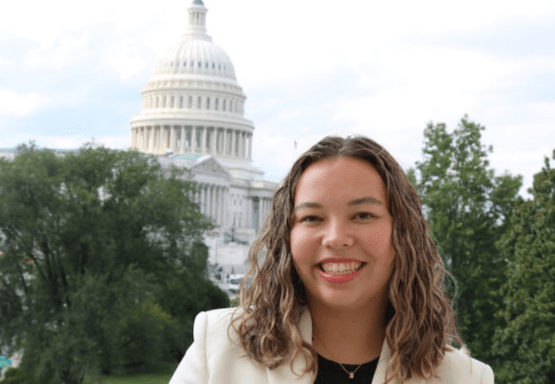
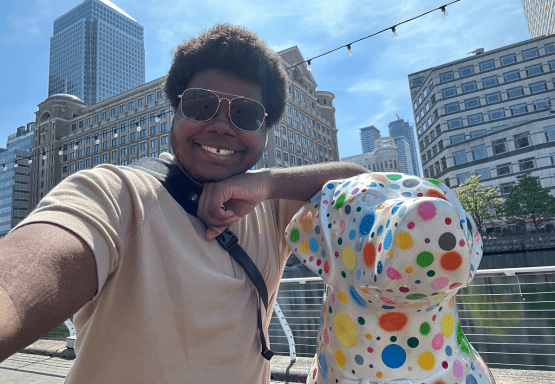
.png?h=384&iar=0&w=555)
